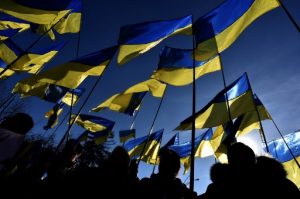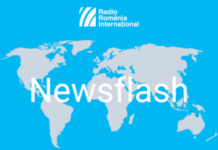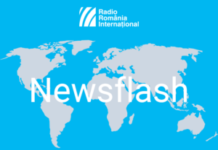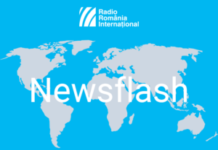Heads of state and government have met in Athens, 20 years since the first summit that laid the foundations of the EU enlargement in the Western Balkans.
Attending the summit was also the president of Ukraine, Volodymyr Zelenskyy. The meeting sent a strong message of support for Ukraine, as well as for the Euro-Atlantic perspective of the entire region. „We must bring our friends, future members of the EU, closer to us and faster. We will continue to bring down barriers between our regions”, the European Commission president wrote on social media. With regard to EU enlargement, the meeting focused on energy security and sanctions against Russia, to which Belgrade has not yet subscribed. In fact, following the objection of Serbian president Aleksandar Vučić, the call for new sanctions against Russia was eliminated from the final resolution of the meeting in Athens. Participants also highlighted the importance of continuing constant dialogue and coordination in terms of ensuring regional economic cooperation and security and reiterated solidarity with Ukraine and the Republic of Moldova. In addition, participants reiterated support for the EU enlargement process in the Western Balkans and in the eastern vicinity.
In his address, Prime Minister Marcel Ciolacu outlined Romania’s support for Ukraine, as well as challenges facing Romanian farmers with regard to regulations on Ukrainian grain exports. In this context, Marcel Ciolacu suggested the creation of a European mechanism for the management of grain transports and earmarking additional funds for the food industry and for the development of related infrastructure. In addition, the Romanian Prime Minister underlined the need for Romania quickly joining the Schengen Area. In his talks with European Commission president, Marcel Ciolacu asked for stepping up joint efforts to ensure Romania’s Schengen accession. Last but not least, the Romanian official called for greater unity at European level and suggested the development of joint regional projects in the fields of energy, trade and combating hybrid threats. In Athens, Marcel Ciolacu also discussed with his Greek counterpart about expanding bilateral and regional cooperation. In his meeting with Volodymyr Zelenskyy, Marcel Ciolacu assured the Ukrainian president of Romania’s support for Ukraine until the end of the conflict and for its assistance in the country’s reconstruction.
Corina Cristea, Radio Romania International











